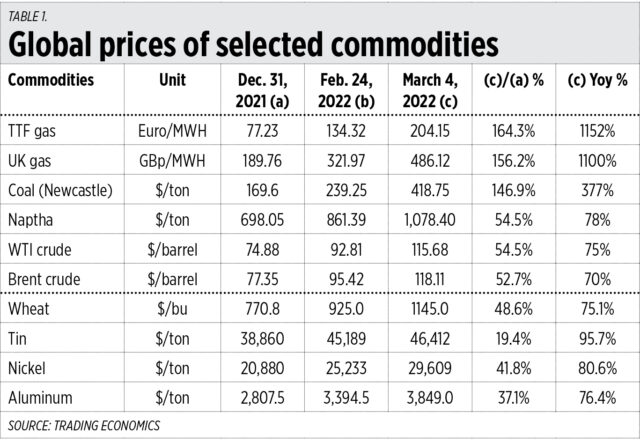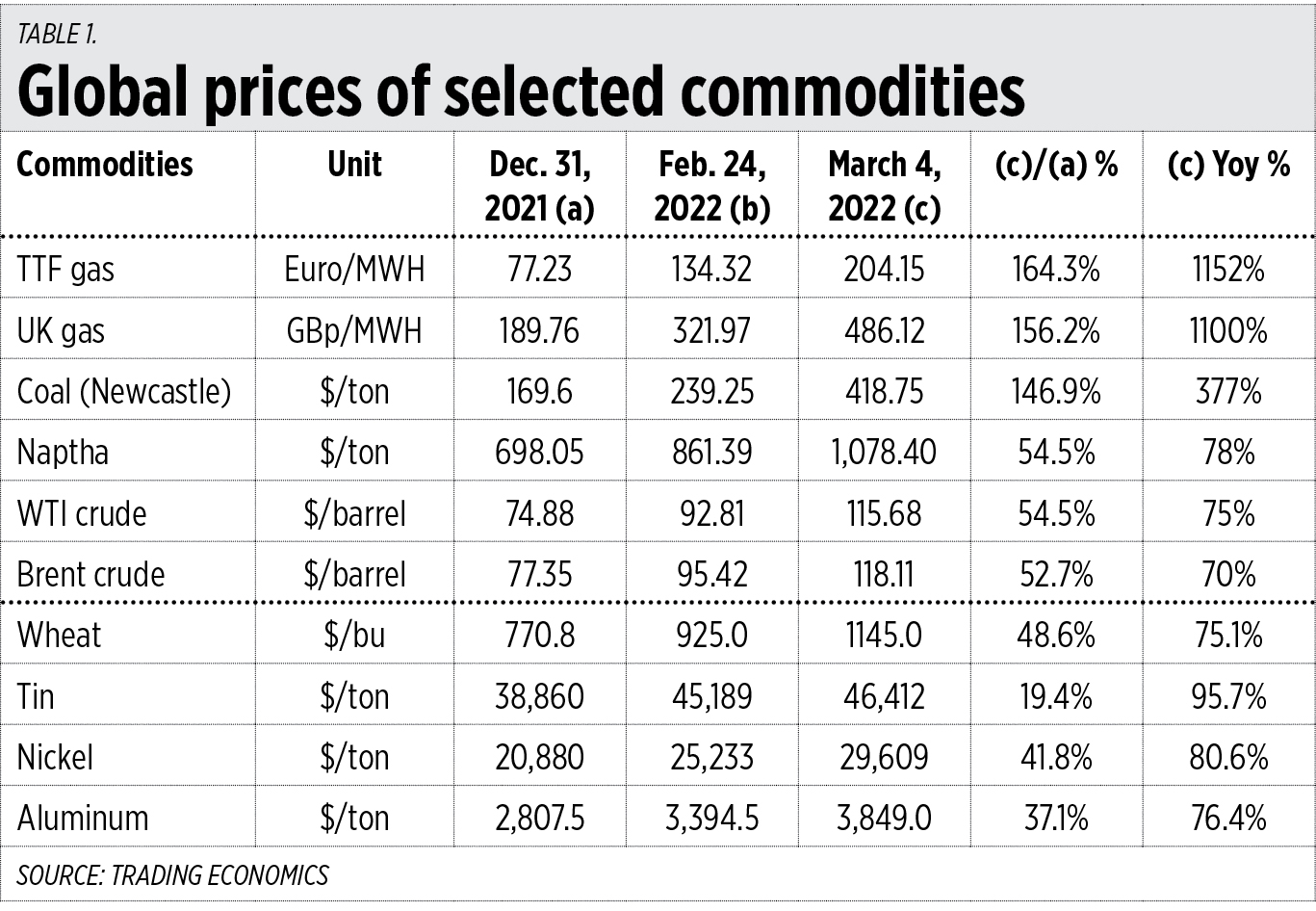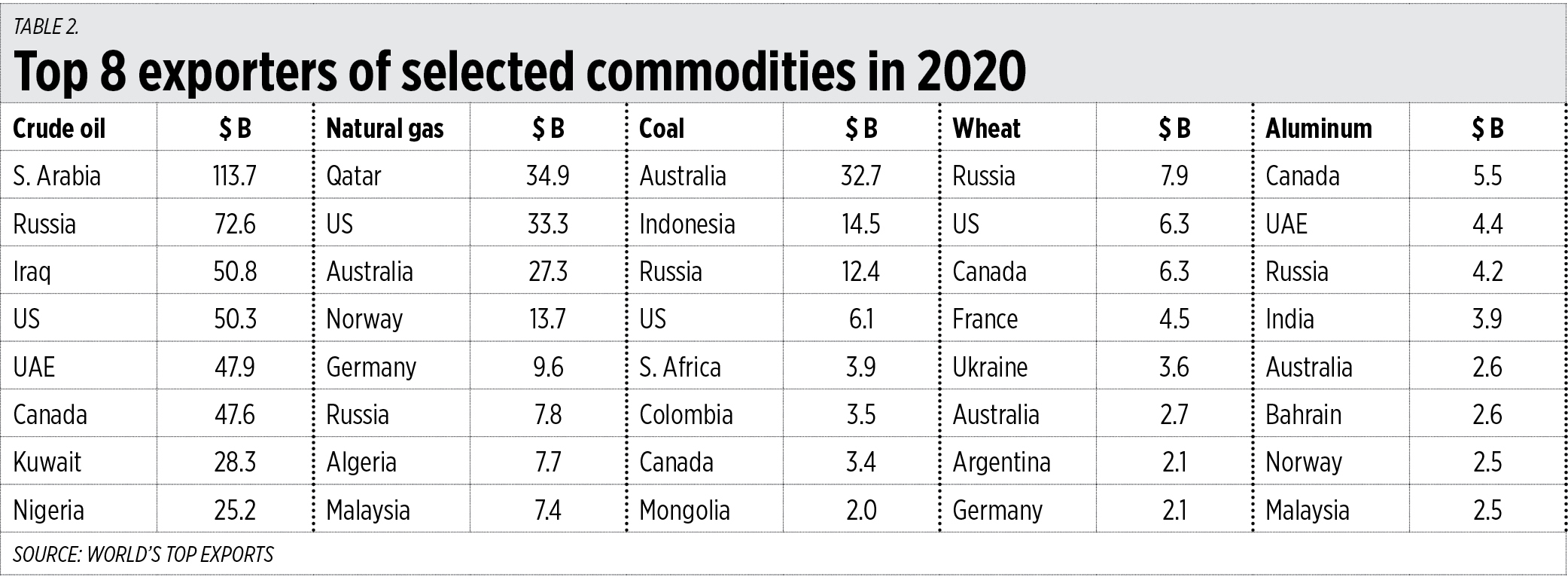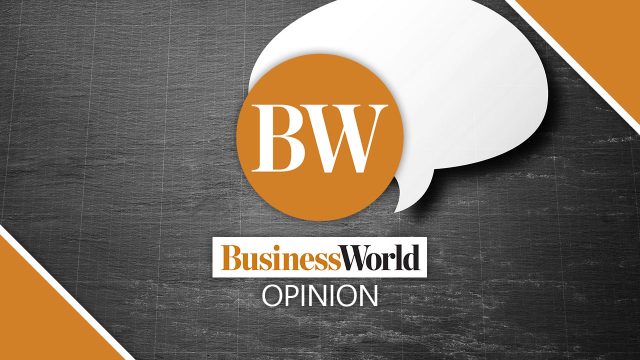Although both the old and Revised Corporation Codes are derived from the American common law system, nevertheless, it has been long held by our Supreme Court (SC) that the so-called “common law crimes” known in the United States and England as the body of principles, usages and rules of action, which do not rest for their authority upon any express and positive declaration of the will of the legislature, are not recognized in Philippine Criminal Law. The rule in Philippine jurisdiction is that unless there is a particular provision in the penal code or special penal law that defines and punishes the act, even if it be socially or morally wrong, no criminal liability is incurred by its commission.
A fundamental rule of construction in Philippine Criminal Law is that penal laws are strictly construed against the State and liberally in favor of the accused. However, it has also been held that such a construction rule may be invoked only where the law is ambiguous and there is doubt as to its interpretation; where the law is clear and unambiguous, there is no room for the application of the rule. Nevertheless, the SC has equally held that the rule of strict construction of criminal law is subordinate to the rule of reasonable, sensible construction, having in view the legislative purpose and intent, and given effect to the same; the rule should not be unreasonably applied as to defeat the true intent and meaning of the enactment found in the language actually used.
The prevailing rule in Philippine jurisdiction is that penal statutes shall not be extended to offenses other than those which are specifically and clearly described and provided for, under the rationale that the law will not allow constructive offenses or arbitrary punishments.
ALL OTHER VIOLATIONS OF ANY PROVISION OF THE REVISED CORPORATION CODE ‘NOT SPECIFICALLY PUNISHED’
Background: Section 144 of the old Corporation Code provided for the criminal penalties of fines and/or imprisonment for “violations of any provisions of this Code or its amendments not otherwise specifically penalized therein.” More importantly, only Section 74 of old Corporation Code expressly provided a criminal penalty for a director, trustee, or officer who refused to allow a director, trustee, shareholder or member from exercising the right to inspect and/or copy corporate records, and it referred to Section 144 for the penal sanctions that could be imposed.
In-depth analysis on the proper coverage of Section 144 of the old Corporation Code was essential since it provided for criminal penalties for “any violation of the provisions of the old Corporation Code not otherwise specifically penalized therein,” and therefore seemed to criminalize all provisions of the old Code which provided for directives, rules, and compliance. The broad language of Section 144 presented a statutory land mine that could maim or harm the actors in the corporate setting, whether they acted with criminal intent or not. At the very least, it tended to put at risk many of the actuations and decisions of the directors, trustees, and corporate officers, as to unnecessarily cramp the exercise of their business judgment in pursuing the commercial affairs of the companies they served. Worse, practitioners began to rely upon the seemingly all-encompassing provisions of Section 144 of the old Corporation Code to effectively obtain results on their demands or claims against the corporation, by dangling a threat of a criminal suit against members of the Board and Management.
Section 170 of the Revised Corporation Code (RCC) has replicated Section 144 of the old Corporation Code, imposing a general criminal penalty limited to the imposition of a fine for any violation of the provisions of the Code not particularly penalized, thus:
SEC. 170. Other Violations of the Code; Separate Liability. — Violations of any of the other provisions of this Code or its amendments not otherwise specifically penalized therein shall be punished by a fine of not less than P10,000 but not more than P1 million. If the violation is committed by a corporation, the same may, after notice and hearing, be dissolved in appropriate proceedings before the Commission: Provided that such dissolution shall not preclude the institution of appropriate action against the director, trustee, or officer of the corporation responsible for said violation: Provided, further, that nothing in this section shall be construed to repeal the other causes for dissolution of a corporation provided in this Code.
Liability for any of the foregoing offenses shall be separate from any other administrative, civil, or criminal liability under this Code and other laws.
The second paragraph of Section 170 is a new addition and clearly shows the intent to provide multiple penalties, whenever available, for the same act that constitutes a violation of the RCC.
In addition, the RCC has introduced a host of corporate acts and practices for which specific criminal penalties are imposable.
To better appreciate this fundamental shift in what we term as the “criminalization of corporate governance practice,” it would be useful to study existing jurisprudence that had ruled upon the original text as found in Section 140 of the old Corporation Code.
MEANING OF ‘VIOLATION OF ANY PROVISIONS OF THE CORPORATION CODE’ UNDER SECTION 144
In our earlier writings, we had posited that it was difficult to construe Section 144 of the old Corporation Code to mean that all non-compliance with its provisions would be criminally punishable. For example, under Section 26 of the old Corporation Code, it was provided that within 30 days after the election of the directors, trustees and officers, the secretary, or any other officer of the corporation, shall submit to the SEC (Securities and Exchange Commission), the names, nationalities and residences of the directors, trustees and officers elected. If the Corporate Secretary fails to comply with this provision, would he then be subject to a criminal penalty under Section 144 of the old Corporation Code?
Such a construction would seem unreasonably harsh, and effectively discourages competent and well-meaning individuals from accepting positions within the corporate setting. It would then make the corporation a very unattractive medium for commerce. The proper and reasonable interpretation of the coverage of the term “violation of any provision of this Code,” which should cover only those provisions of the old Corporation Code which were expressly mandatory in nature to show the true intent of legislature to impose a penal sanction for non-compliance therewith.
In addition, we wrote that there were provisions in the old Corporation Code which clearly intended to impose only a civil sanction for damages for their violation, and which could not come within the coverage Section 144 thereof.
For example, under Section 31 of the old Corporation Code, directors or trustees who willfully and knowingly vote for or assent to patently unlawful acts of the corporation, or who are guilty of gross negligence or bad faith in directing the affairs of the corporation, or who acquire any personal or pecuniary interest in conflict with their duty as such directors or trustees, shall be liable jointly and severally for all damages resulting therefrom suffered by the corporation, its shareholders or members and other persons. Under Section 32, where a director, by virtue of his office, acquires for himself a business opportunity that should belong to the corporation, thereby obtaining profits to the prejudice of such corporation, he must account to the corporation for all such profits by refunding the same.
Under Section 65 of the old Code, any director or officer of a corporation consenting to the issuance of stocks for a consideration less than its par or issued value or for a consideration in any form other than cash, valued in excess of its fair value, or who, having knowledge thereof, does not forthwith express his objection in writing and file the same with the corporate secretary, shall be solidarily liable with the shareholder concerned to the corporation and its creditors for the difference between the fair value received at the time of issuance of the stock and the par or issued value of the same.
In all the foregoing, we took the position that it would be improper to subject erring directors, trustees, or officers to criminal penalty under Section 144 since the specific provisions themselves provide for the proper remedies in each case. This we thought was the reasonable interpretation of the phrase in Section 144 “not otherwise specifically penalized therein” to mean that even when the provisions seems to be mandatory and the violation thereof is a serious breach, when the particular provision already provides for a specific penalty or sanction, the criminal penalty under Section 144 should not be made to apply.
In fact, we noted that there was only one provision in the old Corporation Code where the legislature has made it clear or apparent that it seeks to impose penal sanctions under Section 144 for non-compliance therewith. Under Section 74, any officer or agent of the corporation who shall refuse to allow any director, trustee, shareholder or member to examine or copy excerpts from its records and minutes “shall be liable to such director, trustee, stockholder or member for damages, and in addition, shall be guilty of an offense which shall be punishable under Section 144 of this Code.”
ABSENCE OF MALICE OR DEFENSE OF GOOD FAITH
We also posited in our earlier work that even if Section 144 of the old Corporation Code were intended by legislature to encompass every violation of the provisions of the old Code, it would be extremely difficult to obtain a conviction under said section, except for the specific violation under Section 74 thereof. Since violations of the old Corporation Code were not simply mala prohibita, then the evil intent or malice of the accused was an essential element for a crime punishable under Section 144; otherwise, there is no manner by which to prove the guilt of the accused beyond a reasonable doubt. This was demonstrated by no less than Section 74 which provided good faith as a defense: “That it shall be a defense to any action under this section that the person demanding to examine and copy excerpts from the corporation’s records and minutes has improperly used any information secured through any prior examination or the records or minutes of such corporation or of any other corporation, or was not acting in good faith or for a legitimate purpose in making his demand.”
We came to the position that in cases of prosecutions under Section 144 of the old Corporation Code, the accused director, trustee or officer would have more than enough legal basis to claim good faith because of the varied interpretations and applications of the principles of Corporate Law. There was therefore every leeway for the defense in a criminal suit based on Section 144 of the old Corporation Code, to show that the element of malice does not pertain to an act or a transaction upon which the criminal imputation is based upon.
OBITER DICTUM IN HOME INSURANCE CO.
We took note of the obiter expressed in Home Insurance Company v. Eastern Shipping Lines. In that case, Home Insurance Co., a foreign corporation, which admittedly had engaged in business in the Philippines, had issued insurance contracts in the Philippines without obtaining the necessary license. Subsequently, it obtained the license before filing the cases for collection under the insurance contracts. The lower court dismissed the complaint and declared that pursuant to its understanding of the basic public policy reflected in the old Corporation Law, the insurance contracts executed before a license was secured must be held null and void, and the subsequent procurement of the license did not validate the contracts.
Although the question of imposing criminal sanction was not at issue, Home Insurance Co. held that Section 133 of the old Corporation Code, which provided that a foreign corporation should not engage in business in the Philippine prior to obtaining a license to do business, should be deemed to have a penal sanction by virtue of Section 144 of the old Corporation Code, thus: “The prohibition against doing business without first securing a license is now given penal sanction which is also applicable to other violations of the Corporation Code under the general provisions of Section 144 of the Code. It is, therefore, not necessary to declare the contract null and void even as against the erring foreign corporation. The penal sanction for the violation and the denial of access to our courts and administrative bodies are sufficient from the viewpoint of legislative policy.”
We posited then that in dealing with the scope and reach of Section 144 of the old Corporation Code, Home Insurance Co. had not only expressed an obiter, but, more importantly, had not looked into the implications of such broad pronouncements on the basis of Criminal Law principles, since such principles have not been raised, discussed, nor focused into appropriately in the rendering of the decision. We wrote then that when the appropriate case is brought before the SC, and the proper factual basis and principles of Criminal Law are discussed and detailed, that the Court will take a contrary position on ratio decidendi considerations.
TEXTUAL AMBIGUITY OF SECTION 144 OF THE OLD CORPORATION CODE
The promulgation in 2017 of the decision in Ient v. Tullett Prebon (Phils.), Inc., had to a great extent affirmed our position regarding the criminal viability to sustain conviction of Section 144 of the old Corporation Code.
Ient v. Tullett Prebon presented to the SC the primary issue of whether Section 144 of the old Corporation Code could be applied to impose penal sanctions on directors, trustees or officers who violate their fiduciaries duties under Sections 31 to 34 of the old Corporation Code. The Court examined both the language and the legislative history of Section 144 and found that “there is textual ambiguity in Section 144; moreover, such ambiguity remains even after an examination of its legislative history and the use of other aids to statutory construction, necessitating the application of the rule of lenity in the case at bar,” based on the following premise:
As Section 144 speaks, among others, of the imposition of criminal penalties, the Court is guided by the elementary rules of statutory construction of penal provisions. First, in all criminal prosecution, the existence of criminal liability for which the accused is made answerable must be clear and certain. We have consistently held that “penal statutes are construed strictly against the Sate and liberally in favor of the accused. When there is doubt on the interpretation of the criminal laws, all must be resolved in favor of the accused. Since penal laws should not be applied mechanically, the Court must determine whether their application is consistent with the purpose and reason of the law.”
After looking at the language of Section 74 of the old Corporation Code that expressly referred to the penalties provided under Section 144 as being imposable for denying the right of inspection of a shareholder or member, the SC went on to hold that “There is no provision in the Corporation Code using similarly emphatic language that evinces a categorical legislative intent to treat as a criminal offense each and every violation of that law. Consequently, there is no compelling reason for the Court to construe Section 144 as similarly employing the term ‘penalized” or ‘penalty’ solely in terms of criminal liability.” After quoting various provisions of the old Corporation Code that provided for civil or administrative consequences for violations thereof, the Court held:
“… The rest of the above-quoted provisions, like Section 31 and 34, provide for civil or pecuniary liabilities for the acts covered therein but what is significant is the fact that, of all these provisions that provided for consequences other than penal, only Section 74 expressly state that a violation thereof is likewise considered an offense under Section 144. If … Section 144 automatically imposes penal sanctions on violations of provisions for which no criminal penalty was imposed, then such language in Section 74 defining a violation thereof as an offense would have been superfluous. … We agree with petitioners that the lack of specific language imposing criminal liability in Sections 31 and 34 shows legislative intent to limit the consequences of their violation to the civil liabilities mentioned therein. Had it been the intention of the drafters of the law to define Sections 31 and 34 as offenses, they could have easily included similar language as that found in Section 74.”
Ient v. Tullett Prebon held that the old Corporation Code “was intended as a regulatory measure, not primarily as a penal statute. Sections 31 to 34 of the [old] Corporation Code in particular [were] intended to impose exacting standards of fidelity on corporate officers and directors but without unduly impeding them in the discharge of their work with concerns of litigation. Considering the object and policy of the [old] Corporation Code to encourage the use of the corporate entity as a vehicle for economic growth, we cannot espouse a strict construction of Section 31 and 34 as penal offenses in relation to Section 144 in the absence of unambiguous statutory language and legislative intent to that effect.”
Finally, Ient v. Tullett Prebon held that the declaration in Home Insurance Co. that the “prohibition against doing business conducted without first securing a license [under Section 133 of the old Corporation Code] is now given penal sanction which is also applicable to other violations of the [old] Corporation Code under the general provisions of Section 144 of the Code’ is unmistakably obiter dictum,” since the “statement regarding the supposed penal sanction for violation of Section 133 of the [old] Corporation Code was not essential to the resolution of the case as none of the parties was being made criminally liable under Section 133.”
This article reflects the personal opinion of the author and does not reflect the official stand of the Management Association of the Philippines or MAP.
Atty. Cesar L. Villanueva is co-chair for Governance in the MAP Committee on ESG, chair of Institute of Corporate Directors (ICD), the first chair of Governance Commission for GOCCs (GCG), the former dean of the Ateneo Law School, and a founding partner of Villanueva Gabionza & Dy Law Offices.
map@map.org.ph
cvillanueva@vgslaw.com













